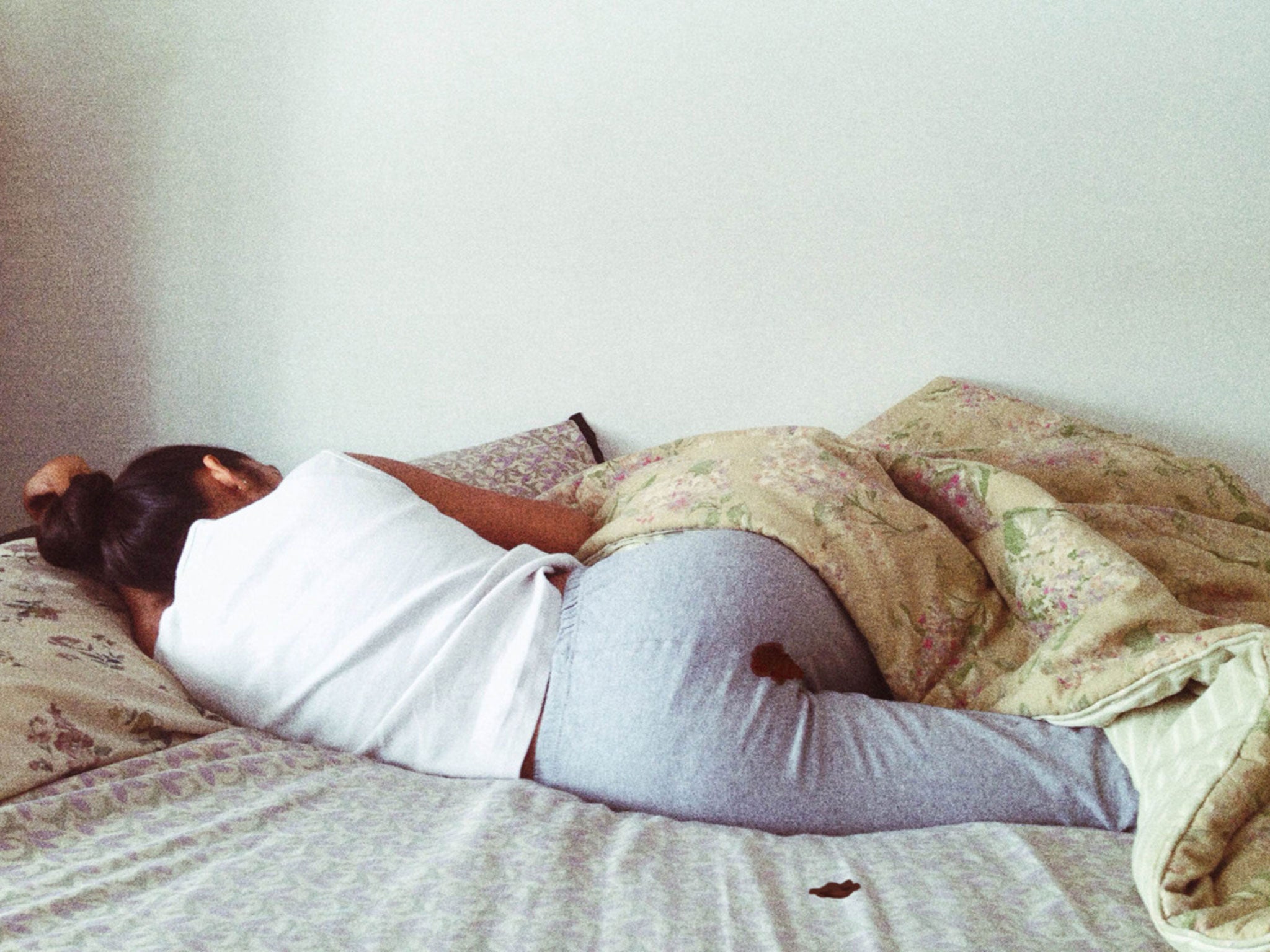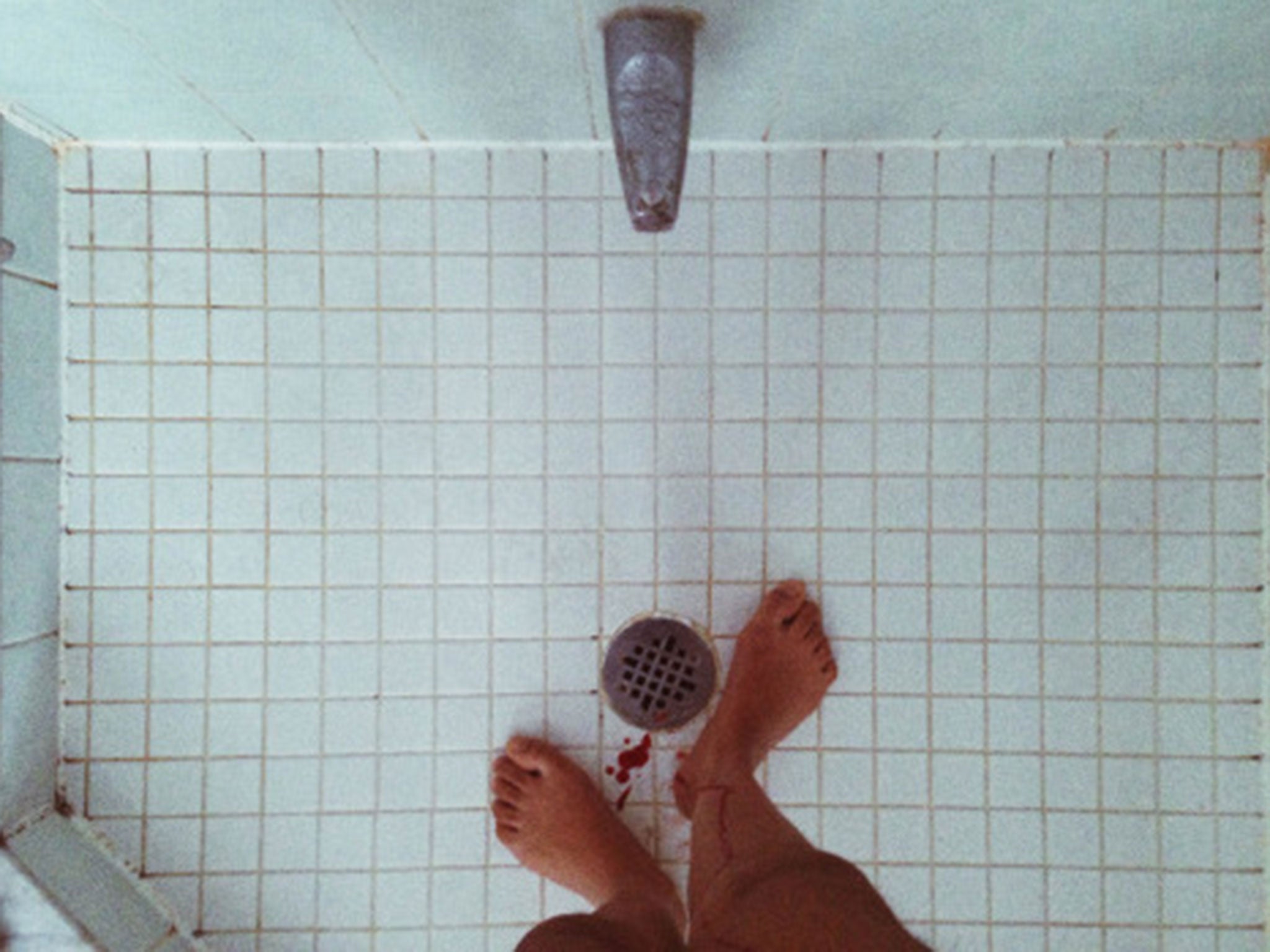I’m a girl and I have periods, whether Instagram likes it or not
Most women have about 600 periods in their lifetime, and they're not going anywhere anytime soon – so why are they still being censored?

Your support helps us to tell the story
From reproductive rights to climate change to Big Tech, The Independent is on the ground when the story is developing. Whether it's investigating the financials of Elon Musk's pro-Trump PAC or producing our latest documentary, 'The A Word', which shines a light on the American women fighting for reproductive rights, we know how important it is to parse out the facts from the messaging.
At such a critical moment in US history, we need reporters on the ground. Your donation allows us to keep sending journalists to speak to both sides of the story.
The Independent is trusted by Americans across the entire political spectrum. And unlike many other quality news outlets, we choose not to lock Americans out of our reporting and analysis with paywalls. We believe quality journalism should be available to everyone, paid for by those who can afford it.
Your support makes all the difference.My body is gross. It’s offensive. That’s the message conveyed by Instagram this week, who twice removed a self-portrait of the artist Rupi Kaur, lying in her bed. The image in question contains no nudity, no drug paraphernalia or messages of hate. It’s a woman’s body, and the suggestion of a bodily function that 50 per cent of the world's population will have up to 600 times in each of their lives: a period.
But for some reason, after it was reported by users it was removed from Instagram. After an outcry online, they later reinstated the photo and apologised. However, in having the two photos removed in the first place, Rupi got the exact reaction she was hoping to expose. Suddenly, everyone was talking about how images are regulated online.
As usual, there were some who thought that Instagram was right to remove the photos, because periods are "gross" and depicting them "unnecessary". But as Rupi wrote on her Tumblr: “I will not apologise for not feeding the ego and pride of misogynist society that will have my body in underwear but not be okay with a small leak.” And she's right – why should anyone feel ashamed?
I had my first period when I was 12. I was in school and it was during double French. Staring down at my reddening underwear, I felt a complete paradox of emotion. On one hand, I was proud. I was one of the first in my class to get it, and it meant I would probably grow some boobs soon, and get out of the M&S crop top sets and into some real girl bras.
Then, I felt embarrassed. A girl in my year had got her period in assembly, and as more blood showed on her skirt, the boys began giggling louder and louder. I stuffed my pants with some more loo roll. This was something to hide, I thought.

This feeling of shame dictates our behaviour. Women often whisper about tampon strings and birth control, so as not to stir revulsion in the people around them. Our dads look the other way when we chuck boxes of tampons into the shopping trolley. We pass each other sanitary pads under tables, so no one knows that we’re “on the blob” or that we “have the painters in”.
But why are people so uncomfortable about one of the most natural and routine things that women do? Removing a stain online may seem like a small issue, but it's indicative of a society that expects us to shave our legs, hide our babies under blankets when we breastfeed and avoid the gaze of the cashier whenever we buy anything to do with our vaginas. But filtering out our bodies and what they do only helps create an image of women that’s unrealistic and unattainable.
The period stain that marks the bed sheets isn’t one to be ashamed of. Shaming women is the stain we need to wash out.
Join our commenting forum
Join thought-provoking conversations, follow other Independent readers and see their replies
0Comments